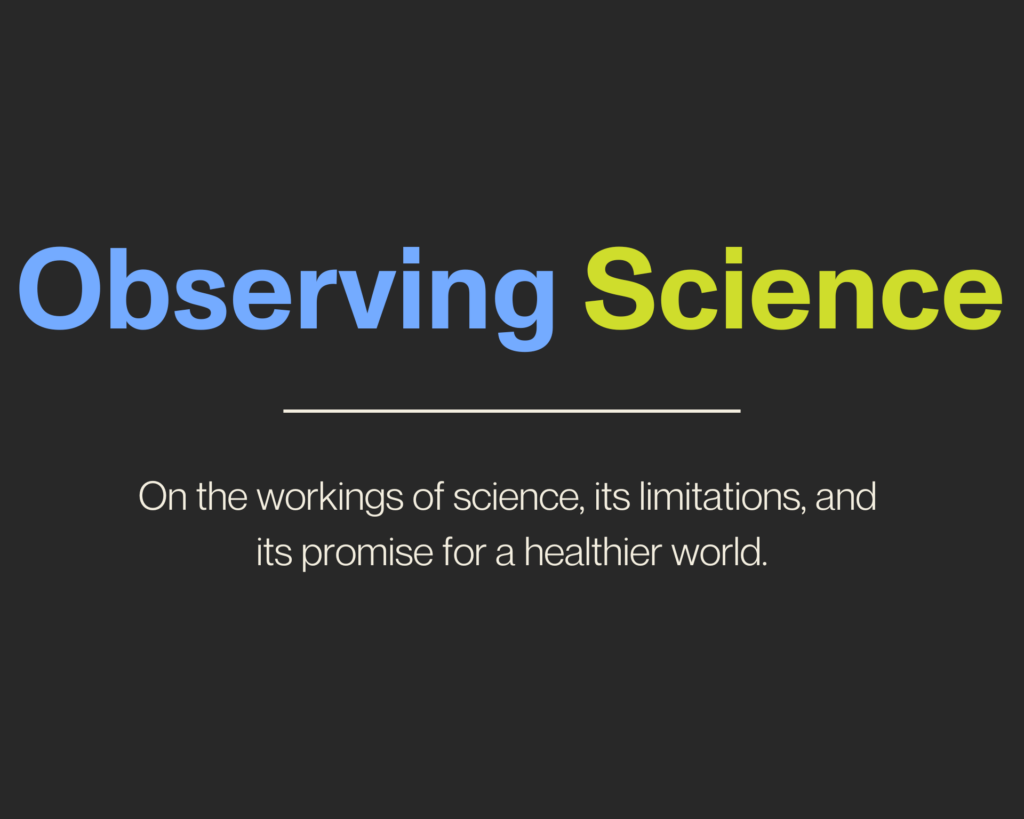Shortening Sheltering
Researchers analyzed Boston data to determine the key factors that contribute to longer stays at homeless shelters.

Read Time: 2 minutes
Published:
More than half a million Americans are unhoused or living in unstable housing. This number has been increasing for four consecutive years and in the Covid-19 era it continues to increase. Poor health is a risk factor for homelessness and homelessness is a risk factor for poor health. People who are unhoused face lower quality of life, premature mortality, and poor physical and mental health.
Haijing Hao and colleagues analyzed data from the Homeless Management Information Systems in Boston from 2014 to 2018 to determine the key factors that contribute to longer stays at homeless shelters.
The figure illustrates the number of days per stay per person at homeless shelters in Boston. Of the 44,197 stays analyzed during the study period, only 2,872 stays lasted a single day, 8,326 stays lasted about a month, and 1,696 stays lasted more than a year.
Despite the fact that more than 70% of homeless shelter users are men, on average, women stay at homeless shelter for 74% longer than men. Similarly, only 4.5% of homeless shelter stays are by people who are over 65 years old, but they face significantly longer stays at homeless shelters than any other age group. Researchers found a similar pattern for race. On average, the homeless shelter stay of a Black person is 15% longer than of a white person. Nearly four in five shelter residents reported having a disability or struggling with substance use.
Understanding prolonged shelter stays helps shelter administrators to develop direct efforts to support groups who are at a higher risk. On-site medical treatment and physical therapy for those who have disability, and counseling for people with a mental disability or struggling with substance use are critical components to optimal shelter care.
Databyte via Hao, Haijing et al. The Determinants of Length of Homeless Shelter Stays: Evidence-Based Regression Analyses. International Journal of Public Health. January 2022.



